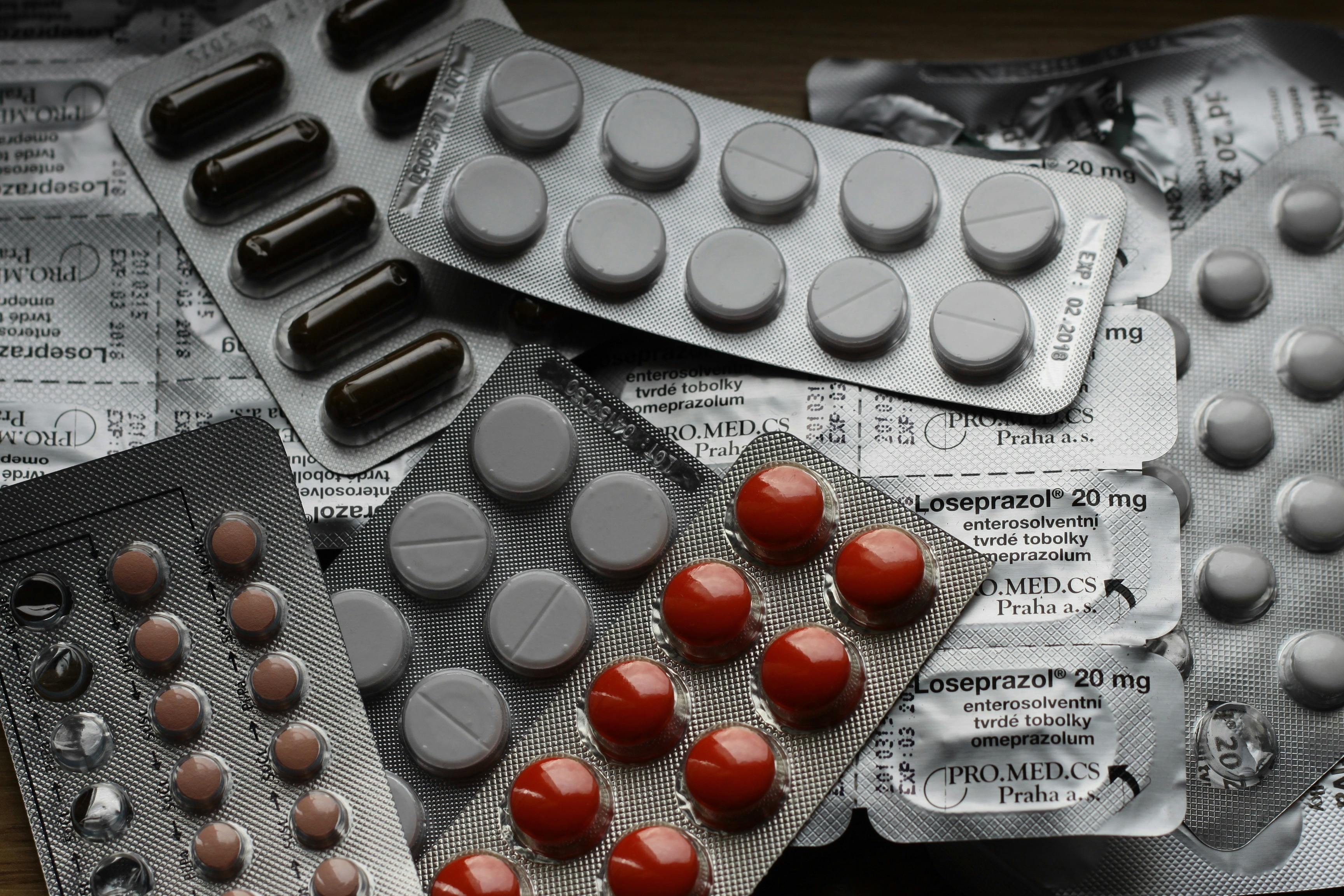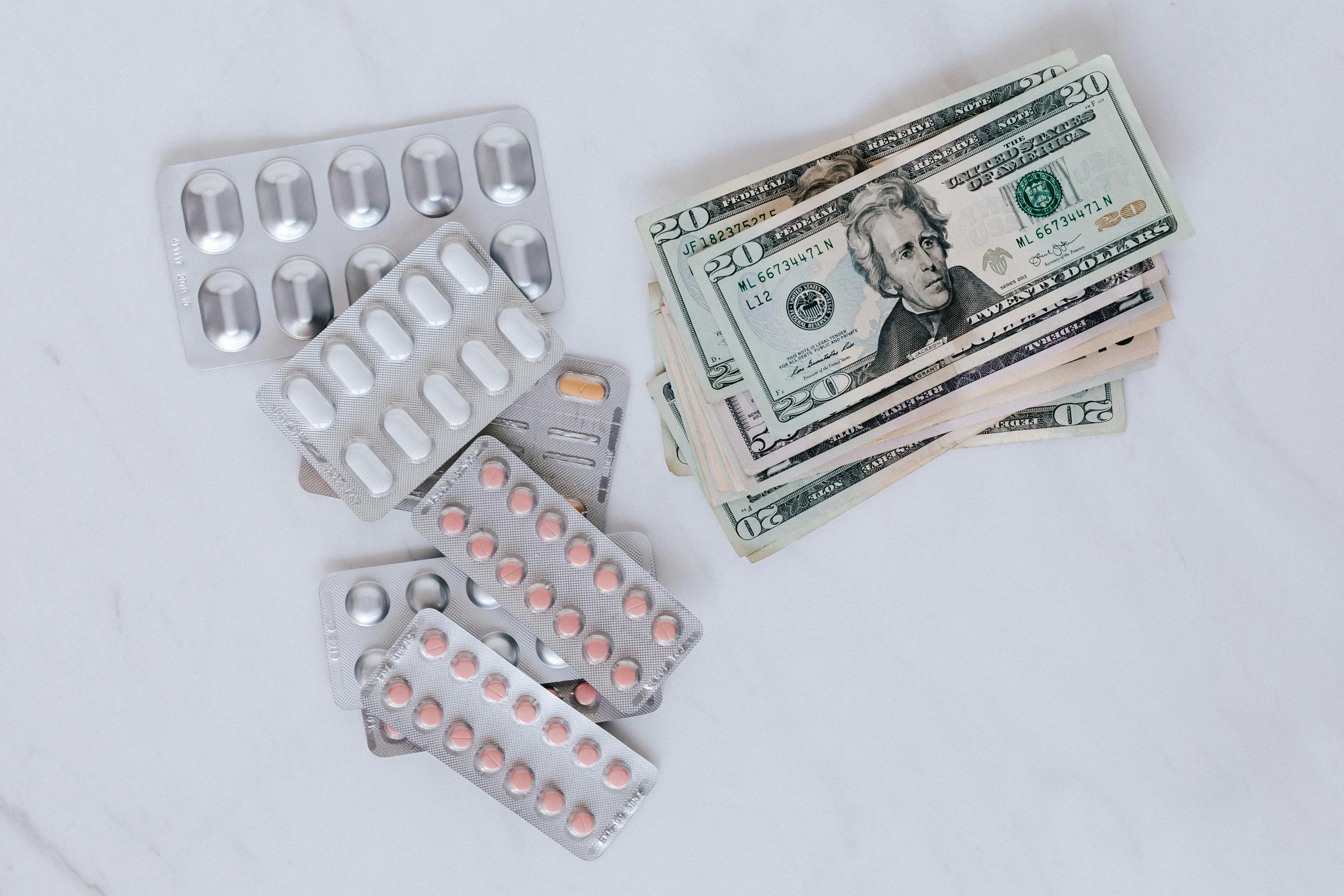Your cart is currently empty!
Know the roots to healthier habits
Managing stress isn’t just about what you do—it’s also about what you avoid. Alcohol, tobacco, recreational drugs, and other toxic substances may offer temporary relief, but they ultimately worsen stress, disrupt mental clarity, and damage long-term health.

🧪 How Toxic Substances Affect the Body and Mind
These substances alter brain chemistry in ways that can:
Reduce your ability to cope with stress naturally
Increase anxiety, depression, and mood swings
Disrupt sleep cycles and energy levels
Elevate blood pressure and inflammation

⚠️ Common Misconceptions
| Myth | Reality |
|---|
| “Alcohol helps me relax.” | It may feel calming at first, but it disrupts sleep and increases anxiety later. |
| “Cannabis reduces my stress.” | In the short term, perhaps. But frequent use can dull motivation, increase paranoia, and interfere with emotional regulation. |
| “Vaping is safer than smoking.” | While different in delivery, both introduce harmful chemicals that affect heart, lung, and brain function. |



🧘♂️ Why Avoiding Substances Improves Stress Resilience
When you’re substance-free:
You gain mental clarity to make empowering decisions
Your brain regulates mood and energy more naturally
Your sleep improves—leading to better emotional control
Your body recovers faster from stress

✅ Healthy Substitutes for Relief and Escape
| Instead of… | Try… |
|---|
| Drinking alcohol after work | Herbal tea, stretching, journaling, or a short walk |
| Smoking to relieve stress | Deep breathing, chewing gum, or guided meditation |
| Using drugs to “escape” | Talking to a friend, creative expression, or immersive hobbies |

🌿 Environmental & Chemical Toxins Also Matter
In addition to avoiding addictive substances, consider reducing:
- Excessive caffeine
- Processed foods high in sugar or additives
- Exposure to environmental toxins like harsh cleaning agents or endocrine-disrupting plastics
Choose natural, plant-based, and minimally processed alternatives when possible.

💊 Understanding Polypharmacy: When Medications Become a Burden
Yes, polypharmacy can be toxic. When individuals take multiple medications, especially when those medications are not properly managed or are unnecessary, it can increase the risk of adverse drug events, drug interactions, and even lead to cognitive impairment or falls. This is because the combination of medications can create unforeseen side effects or interactions that worsen existing conditions or create new ones.
Lifestyle medicine encourages not just treatment, but prevention and simplification.
Through evidence-based approaches like nutrition, physical activity, stress management, and sleep optimization, many chronic conditions can be managed with fewer drugs—or in some cases, none at all.
Choose natural, plant-based, and minimally processed alternatives when possible.
🆘 When to Seek Help
IIf you or someone you know is struggling with substance dependence:
- Reach out to a healthcare provider
- Connect with support groups or counselors
- Use national helplines or local resources
Recovery is possible—and it begins with one intentional step.

🌟 Takeaway
You can’t build stress resilience on a toxic foundation. Avoiding drugs and harmful substances clears the path for healing, clarity, and authentic emotional well-being. Choose choices that fuel your strength—not ones that drain it.


Leave a Reply